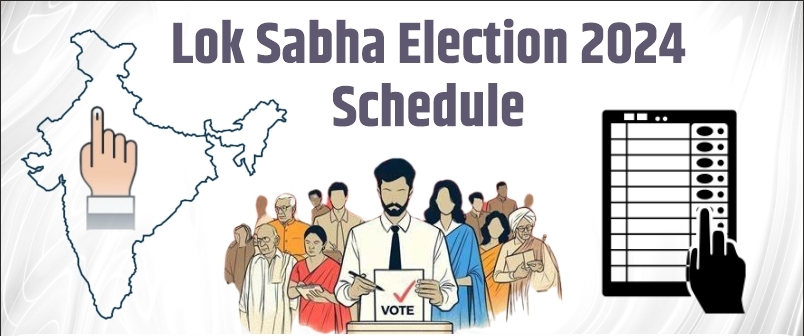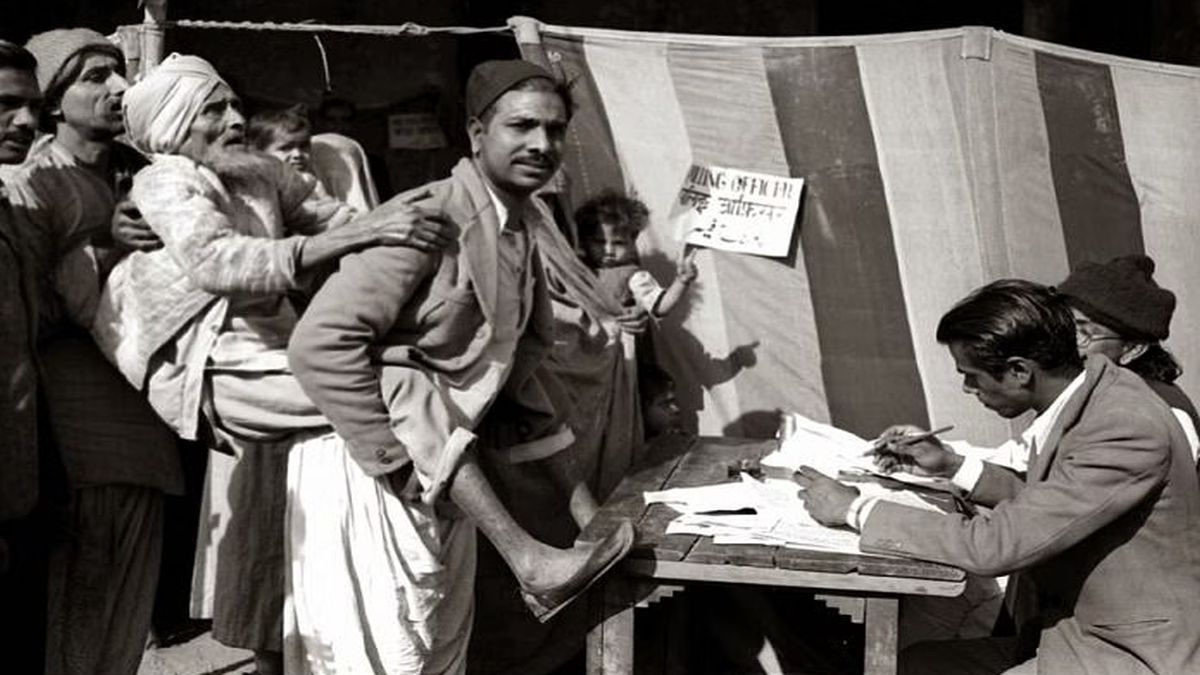The Lok Sabha elections in India, a cornerstone of the country’s democratic process, are currently underway. These elections determine the composition of the Lok Sabha, the lower house of Parliament, and play a crucial role in shaping the nation’s governance. Let’s delve into the significance, history, and key highlights of these elections.
1. Historical Context of Lok Sabha Elections
The first elections to the Lok Sabha took place during 1951–52, marking a momentous step in India’s democratic journey. Since then, elections have been held once every five years to elect 543 members to the Lok Sabha.
The Lok Sabha elections hold immense significance in India’s democratic journey. Here are some key points about their historical context:
- First Elections (1951–52): The inaugural Lok Sabha elections took place during 1951–52. These elections were a watershed moment for India, as citizens exercised their right to vote after decades of colonial rule. The Constituent Assembly had meticulously crafted the Indian Constitution, and the elections marked the transition from a British-controlled India to an independent democratic nation.
- Universal Adult Suffrage: The 1951–52 elections were notable for their inclusivity. India adopted universal adult suffrage, allowing every citizen aged 21 and above to cast their vote. This move was a testament to India’s commitment to democratic principles and equality.
- Formation of the Lok Sabha: The Lok Sabha, also known as the House of the People, is the lower house of India’s Parliament. It plays a crucial role in lawmaking, governance, and representing the diverse voices of the Indian population. The first Lok Sabha consisted of 489 members, representing different states and constituencies.
- Leadership and Ideologies: The elections witnessed spirited campaigns by various political parties. Leaders like Jawaharlal Nehru (Indian National Congress), Sardar Patel, Rajendra Prasad, and Maulana Abul Kalam Azad played pivotal roles. The Congress party, led by Nehru, emerged as the dominant force, securing a majority of seats.
- Challenges and Triumphs: Conducting elections on such a massive scale was no small feat. India faced logistical challenges, including illiteracy, diverse languages, and limited infrastructure. Despite these hurdles, the elections were conducted successfully, reaffirming India’s commitment to democratic governance.
- Legacy: The legacy of those first elections continues to shape India’s political landscape. Over the years, the Lok Sabha elections have witnessed shifts in power, ideological battles, and the emergence of regional parties. They remain a testament to the resilience and vibrancy of Indian democracy.
As we reflect on this historical context, let us appreciate the vision of our founding leaders and the millions of citizens who participate in shaping India’s destiny through the ballot box.

2. 2024 Lok Sabha Elections :.
The 2024 Indian general elections are being held in seven phases from April 19 to June 1. Citizens across the country are exercising their right to vote, contributing to the selection of representatives who will shape policies, laws, and the nation’s future. The votes will be counted, and results will be declared on June 4, 20242.
3. Voter Turnout and Participation Lok Sabha Elections
Voter turnout has been a critical aspect of Indian elections. In the past, we’ve witnessed varying levels of participation:
- The first Lok Sabha elections in 1951–52 saw a turnout of 44.87%1.
- Subsequent elections witnessed fluctuations, with the highest turnout recorded during the 1984 elections (64.01%)1.
- The 2019 elections saw a remarkable 67.40% voter turnout2.
4. Key Players:
- The Indian National Congress (INC) and the Bharatiya Janata Party (BJP) have been dominant players in Lok Sabha elections.
- Leaders like Jawaharlal Nehru, Indira Gandhi, Rajiv Gandhi, and Narendra Modi have left their mark on Indian politics.
5. Regional Dynamics:
- South India plays a significant role in shaping electoral outcomes. Shiv Sena leader Aaditya Thackeray predicts that the BJP will be wiped out in the south and its seats will be reduced in the north3.
- Kerala’s Twenty20 party, backed by a corporate group, is fielding candidates in two seats1.
6. Expectations and Aspirations:
First-time voters are enthusiastic about participating in the democratic process. Their expectations include better governance, economic growth, social justice, and environmental sustainability4.
7. Conclusion:
As India continues its democratic tradition, the Lok Sabha elections remain a powerful expression of citizens’ voices. The results will determine the course of the nation, impacting millions of lives. Let us await the verdict and celebrate the spirit of democracy.
For more news updates follow Read Now News

)